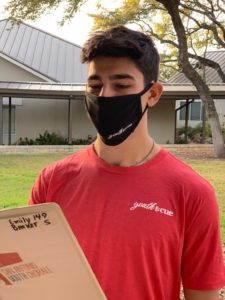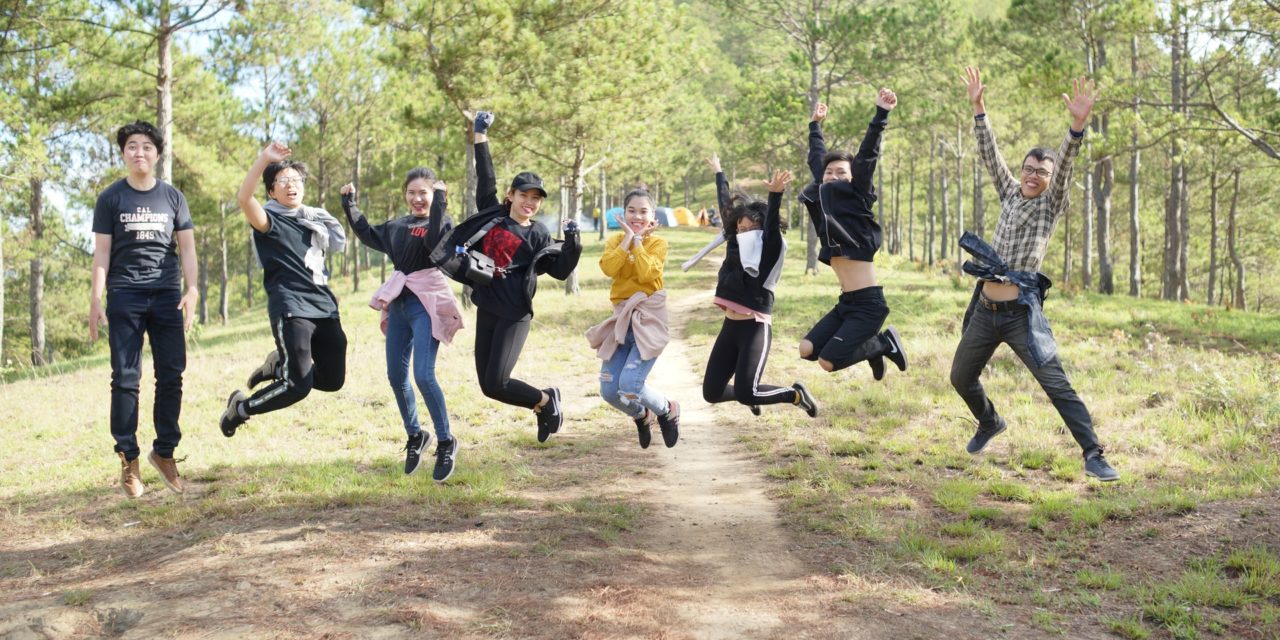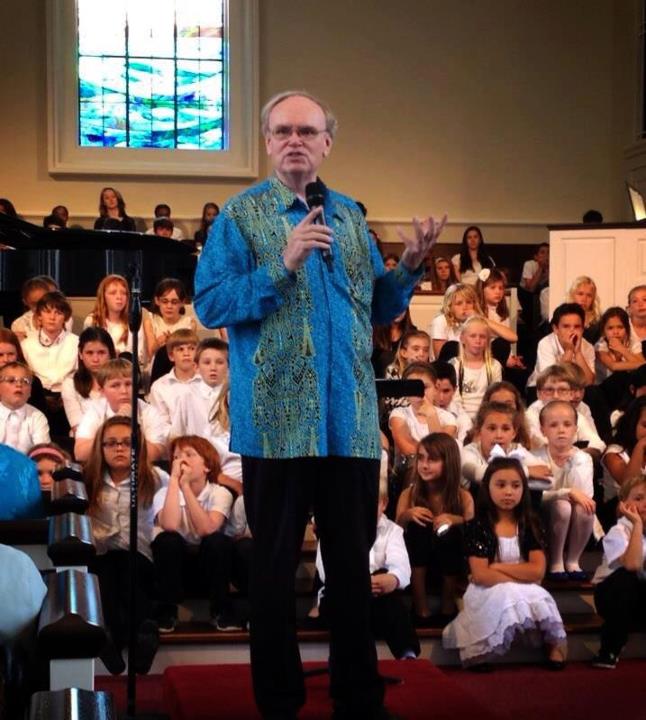THE BEAUTY AND DESTRUCTION OF OUR WORDS
Writing this piece, I am set up with a cup of tea in my den with the television currently on low volume. It’s Inauguration Day 2021. The volume will move up and down as the morning’s events unfold.
Currently, as I click the keyboard of my laptop, the President-Elect and a bipartisan delegation are gathered for worship inside St. Matthew’s Cathedral on Rhode Island Avenue. This extraordinary Cathedral, the site of the JFK funeral, is one of YouthCUE’s favorite singing venues in D.C. The visual beauty and rich acoustics in this space are nothing short of spectacular. Every time we sing there with one of our choruses, we have a wonderful time and leave rather spellbound by the experience.

On this day of the transfer of power, it is a sizeable understatement to say our nation is embroiled in a war of words. There are numerous manifestations of this reality, but none more telling than what we regularly see in print headlines. How often have you seen reported in print that one politician or celebrity “hits back at,” “lashes out at,” “slaps down,” “eviscerates,” “throws shade on,” “rips,” “slings insults at,” “tears down,” “demolishes,” “broadsides” a political rival or a personal critic. I dare say we’ve all seen plenty of that – more than enough.
Trickle-down economics may or may not work, but we can be assured that trickle-down verbal violence does indeed flow downhill … and sideways … and it even defies gravity by running from bottom to top. Violent verbiage is insidious, destructive, and brutal. Verbal violence, name-calling, hateful characterizations, and overgeneralizing labels are as contagious as the mutated strain of COVID-19. Unfortunately, those who report the news often fall into the muck and mire of violent verbiage. And when they do dip down into the pit of this abuse, it then makes it easier and even in vogue for us to add our voices to our chosen echo chambers. Our expressions of disgust for others becomes food for others, infecting a broader discord.
Violent words taken to their ends will inevitably produce physical violence. Every time, without fail. Gentleness, though much harder to practice and not nearly as satisfying at first, will eventually produce understanding and healthy communities, churches, families.
As directors of youth choirs, we possess a unique positioning to model constructive communication and affirming, encouraging words. When we respectfully and consistently build that healthy model into our choir dynamic, we soon find that we are not only building a better choir, but there’s also a powerful community of faith developing, as well.
Nothing lasting is ever built with violent verbiage. It may feel good to call names and brand other’s views with broad labels, but that habit does not build anything … it only tears down the good we would otherwise produce.
It’s more than holding our tongues and restraining our tempers, although that is a good place to begin. The work that desperately needs to be done is inside ourselves so that we become excellent listeners and cool heads when the temperature of emotions is raised.
Oh that our teenagers would find in us a non-anxious presence whose blood pressure is not elevated by the presence of a different perspective.
Lord, make us instruments of Thy peace …
… in our choirs,
… as we talk about others of a different view,
… as we live in a world which is too often divisive,
… as we come to terms with our own internal issues.

Randy Edwards










